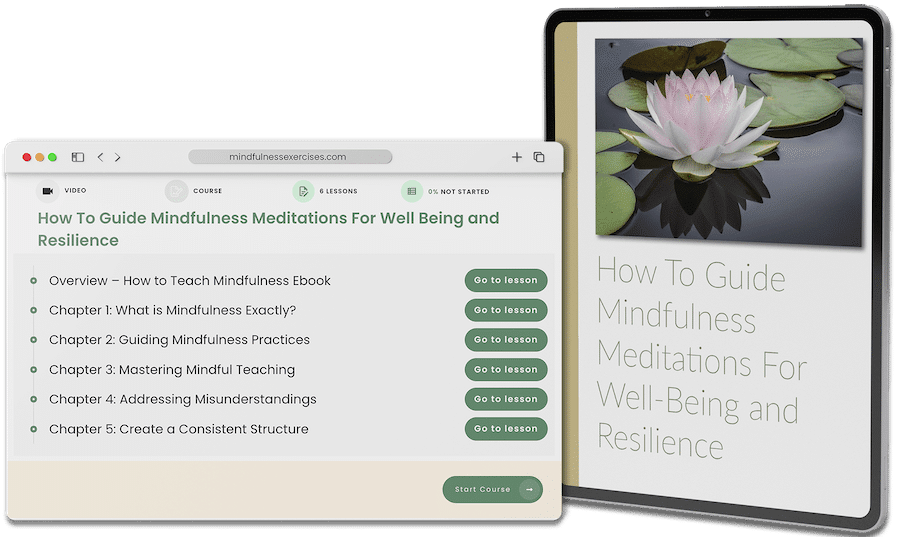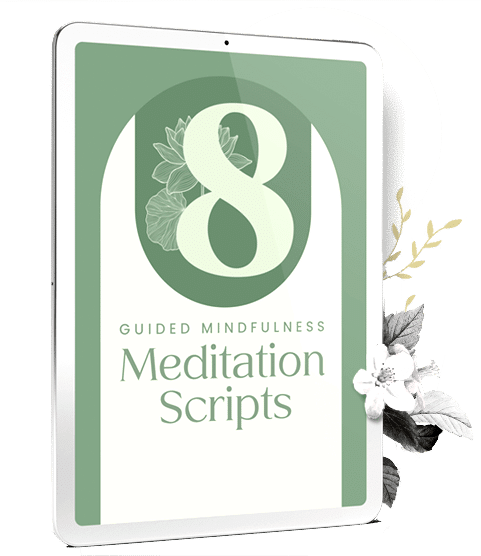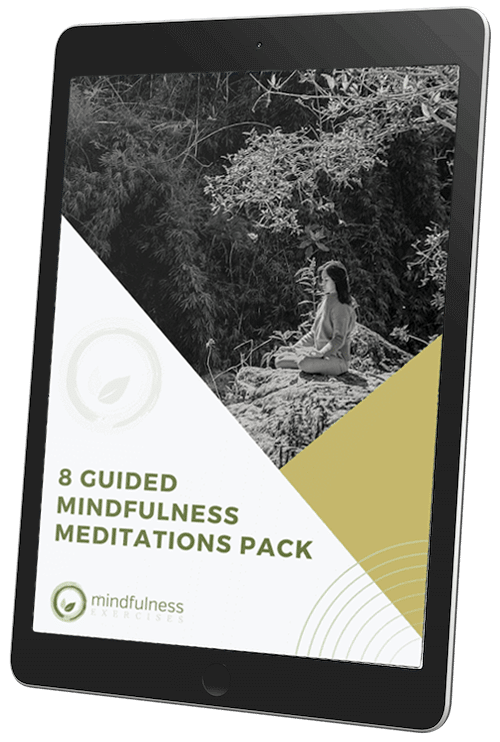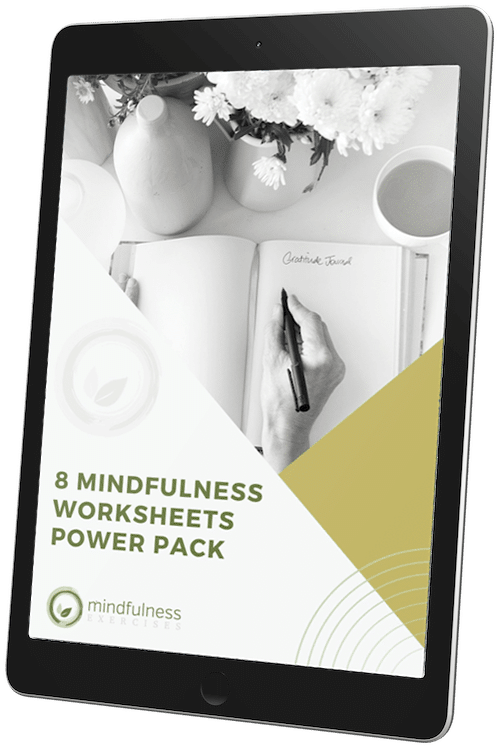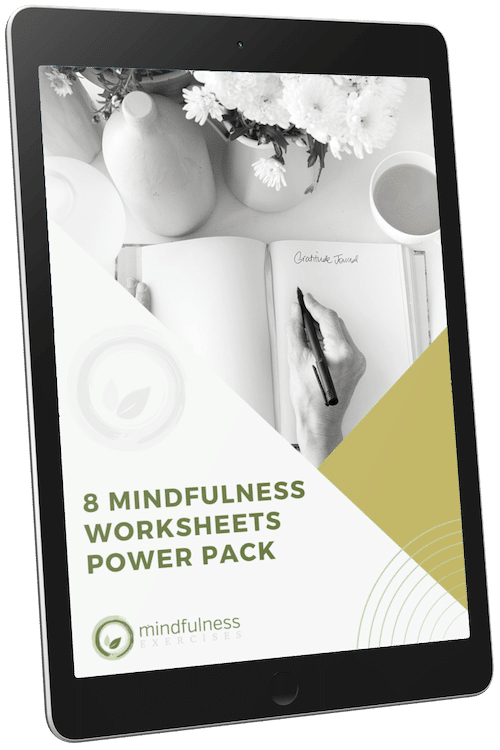Having difficulty getting to sleep or are you depressed? This hour-long meditation video for sleep and depression might just be what you need.
Good Weather, Bad Mood?
Trees are blooming and the sun is shining, but you’re just not feeling it. You’re not alone. From anniversaries to allergies, there are many reasons why spring and summer may not be your favorite seasons. In my private practice, I have noticed an annual increase in anxiety and agitation that mirrors that of the winter blues, let’s call it the spring slump. Other practitioners agree with me, but there is little in the scientific data to back our clinical anecdotes. Did you know that suicide rates actually spike in late spring?
Summer depression can be even harder to bear. After all, we are supposed to feel great when the weather is nice, and it seems like everyone on Facebook is having a blast, right? If your mood changes in the warmer weather, take it seriously. Read contributor Jennifer Scott’s commentary below to know how to ask for help:
Life has a way of becoming a difficult time for many of us whether it is just a bad day or that day has turned into a month. If you find yourself feeling depressed, anxious, or having suicidal thoughts, you’re not alone. Unfortunately, life doesn’t come with a pause button, so how are you supposed to be productive when your brain is telling you that you are stuck? The good news is that there are simple activities you can do to help you break free from your thoughts. Use this toolkit for helpful resources, as well as mental fitness tips to engage your mind and help you find peace.
Mental Health Resources – if you are feeling suicidal:
While there are several coping mechanisms you can use when you are having negative thoughts, the key is to seek help first. If you’ve had any suicidal thoughts, or have made an attempt, it’s urgent to seek help from a trained professional such as a doctor, therapist, psychiatrist, or other counselor. Check out these resources to get you started:
- Seek to understand your thoughts.
- Store the suicide hotline on your phone.
- Find a mental health care provider such as a therapist, counselor, or psychiatrist.
- Join a support group.
3 Easy Coping Strategies You Can Start Today
Once you’ve sought out that initial treatment, you can start implementing coping strategies into your daily routine. To start, try out these three strategies to get your brain back on the right track.
Mindfulness meditation
This type of meditation is used to focus your attention on the present moment and away from your brain’s internal “chatter.” It is also helpful in keeping you from getting caught up in your thoughts, which is quite common when you are experiencing periods of stress. Meditation will help you to acknowledge how you are feeling and let it go, therefore reducing stress and depression, improving attention, and relaxing your mind and body. An added bonus is that meditation can be practiced anywhere — at home, in your car, or in a quiet corner at work.
Get active
You can also boost your mood by getting active. Sure, it might be the last thing you feel like doing — but when you get out, get engaged, and get active you’ll be less likely to experience depression. Taking part in outdoor sports and recreation, like swimming, hiking, cycling, or even simply going for a walk to clear your mind can work wonders for your mood. Getting your heart pumping is great, but simple tasks like walking the dog, washing your car, or gardening are enough to work up a sweat too. On days when you don’t feel like getting out of the house, write in your journal, work on a passion project, or follow along with a workout DVD. Do whatever it takes to get moving.
Sleep
Sleep gives your brain and your body time to rest, recharge, and reset. Studies have shown that most people would be happier and healthier if they were to get an extra hour or two of sleep each night. Sleep deprivation not only increases stress and depression, but it is linked to other chronic health conditions such as heart disease, diabetes, and obesity. Strive to get at least eight hours of natural sleep each night to give your brain the rest it needs and deserves.
Other Ways to Clear Your Mind
- Volunteer at a local nonprofit.
- Confide in your friends.
- Literally throw away your negative feelings.
- Avoid dangerous coping mechanisms, such as drugs and alcohol
- Listen to your favorite music.
- Relax your mind and body.
There are many ways you can take control of your mental health. By following the tips above, you’ll keep your brain stimulated and your mind motivated no matter what life throws at you. With the right tools, you can regain hope.
Jennifer Scott is a blogger. Find more info on Jennifer at spiritfinder.org
330MindfulnessWorksheets
Step-by-step guidance for developing mindfulness for your health, relationships, career, meditation and more!
50% OFF
- Safely download them all to your own computer
- Nicely designed PDF’s with writable fields to add your reflections, answers and journal entries
- Expertly designed for both beginners and advanced mindfulness practitioners
- Organized into separate folders, based on health, relationships, career, self-discovery, purpose, formal meditation, and more
- Evidence-based practices for increasing a sense of peace, calm, clarity, care and confidence
- 100% Money-Back Guarantee
200+ GUIDED Meditation Scripts
Discover the world’s most popular mindfulness meditation scripts that make a positive impact on people’s well-being.
50% OFF
- Safely download them all to your own computer
- Elegantly formatted for you to read easily and confidently at your own pace
- Learn how to do many new mindfulness meditations , while deepening your experiential understanding of the one’s you’re practiced
- Evidence-based meditations for cultivating calm, self-compassion, embodied presence and resilience
- Guide these meditations for others to make a positive impact on the qualify of their day-to-day lives
- 100% Money-Back Guarantee













